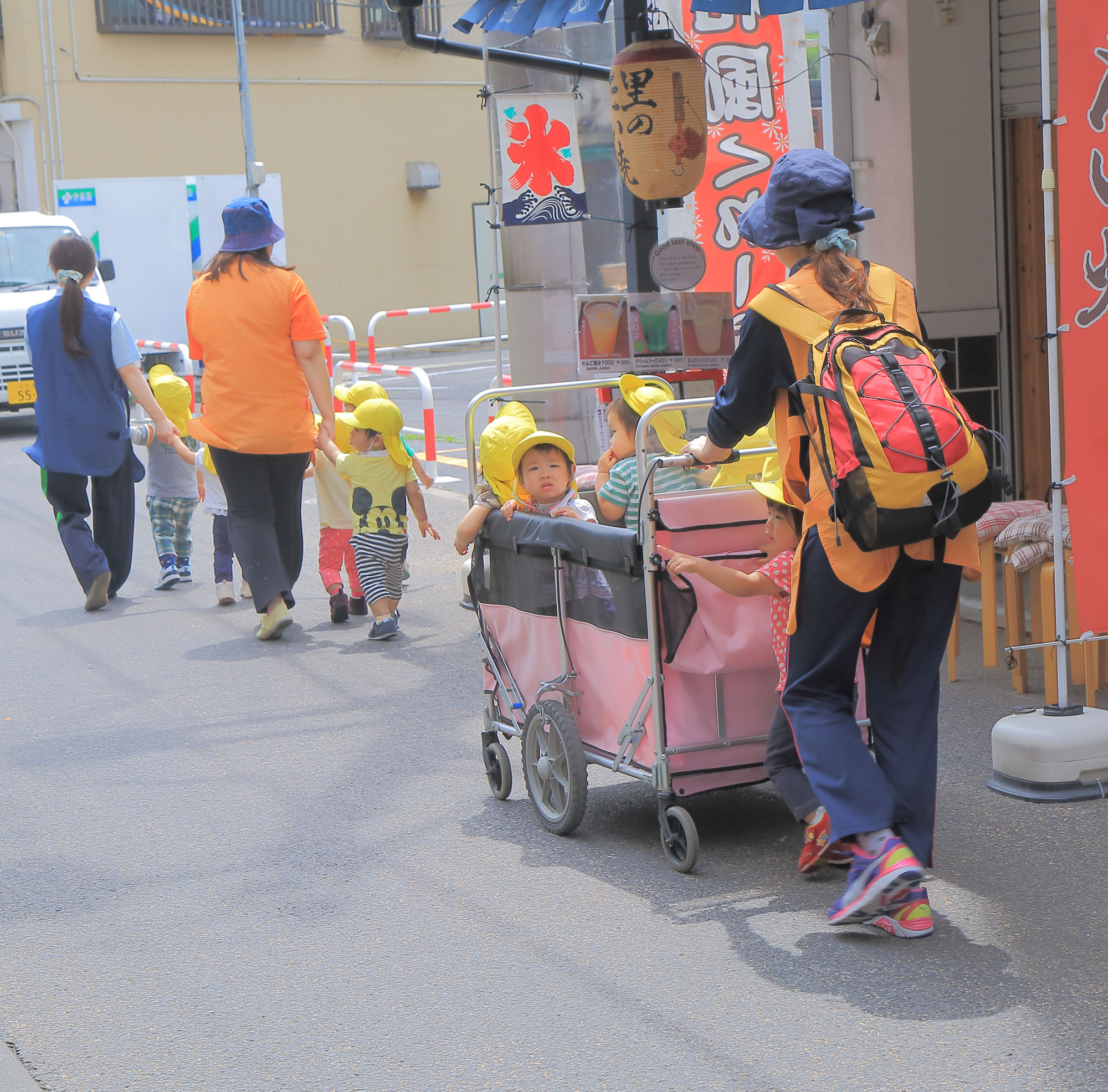In the Upper House election last Sunday, which ended in yet another victory for the ruling coalition, candidates focused on issues such as the planned consumption tax hike this fall from 8 percent to 10 percent, as well as Prime Minister Shinzo Abe's drive to amend the Constitution. There are, however, other major policy challenges confronting Japan that must receive priority.
First, Japan faces a rapidly aging population with an ever-decreasing number of children. Japan's total fertility rate has declined for three years in a row to 1.42 in 2018, far below the 1.80 that the government has sought to achieve. Japan's situation is all the more serious given that many other advanced countries have achieved a V-shaped recovery in the fertility rate by introducing generous measures to support people in both raising children and pursuing careers.
History shows that no country or region has prospered while sustaining a medium to long-term population decline. Policymakers should consider this historical fact and look carefully at the nation's fertility decline with a greater sense of crisis.



















With your current subscription plan you can comment on stories. However, before writing your first comment, please create a display name in the Profile section of your subscriber account page.